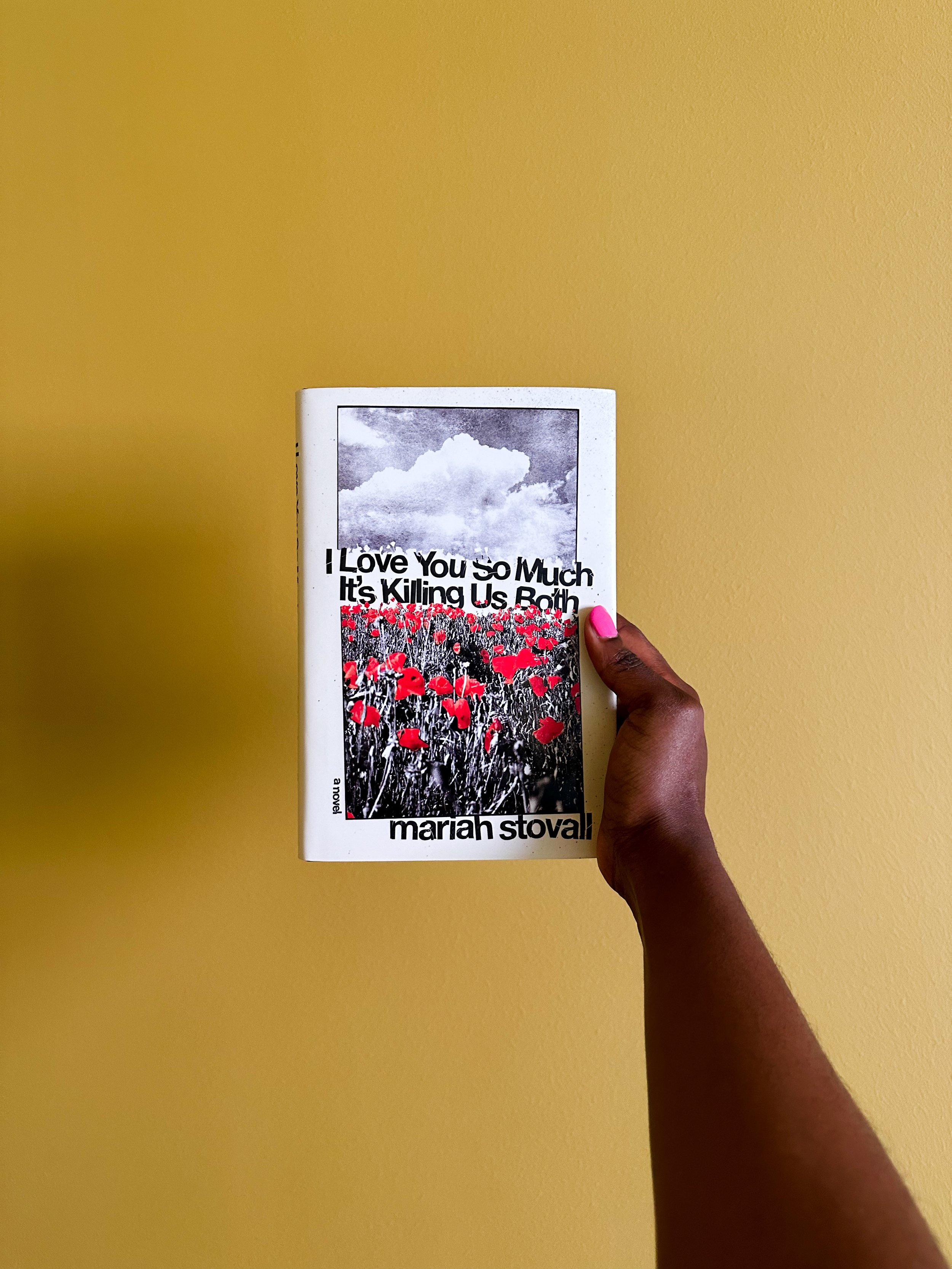Book Review: I Love You So Much It’s Killing Us Both
“ILYSM<3” — how many times in my life have I sent this sentimentally stunted acronym to convey the gravity of the depth of my love? More than I could count, and it would be a shame to dig for the quantifying answer to the following question of “To who?”. Because there were times that I meant it, times I thought I meant it, and times I knew that those five words were less alarming for the recipient to hear than breaking a spell of silence to confess half-jokingly “without you, I would die”.
Maybe one could label the teenage (and early 20s) version of myself dramatic, simplify it to assure me that I had no idea what “love” is, or redirect me to a therapist with an emotional wheel chart to assist in identifying my emotions with more fitting words. Whatever the final ruling may be, it all contributes to this emotional landscape on the brutal lessons of love in relationships (specifically during adolescence here) that must be addressed, which is what I valued most while reading Mariah Stovall’s debut contemporary novel, I Love You So Much It’s Killing Us Both. This disheartening story about friendship is analyzed from the perspective of Khaki Oliver, a convoluted Black teen with an aching demand for love (primarily in the shape of her best friend Fiona Davies) and punk rock.
Going into the story I worried that the punk rock references would bore me or, to fairly put it, be so on the nose that it would leave me lost and distracted from the author’s intentions. Beyond my brief stint during middle school when Avril Lavigne’s The Best Damn Thing album was my entire personality, pop-punk is the deepest I’ve dived into punk rock culture. Of course, we all have one or two Green Day or Panic! At the Disco songs bookmarked for karaoke night, but Stovall uses her debut to showcase her admiration for punk and general music expertise with references that transported me into Khaki Oliver’s world without distracting me from the lyrical assessment that soundtracked her life.
Regardless of the genre, music can transport us through time, like bringing us to the forgotten memory of a place or the replication of energy exchanged with a person. Khaki depends on music to socially sustain herself, and the very few relationships she has throughout the book require this certain level of dependency, too. Khaki and Fiona’s platonic relationship is an examination of unhealthy friendships, and how complicated it can be to sever ties with someone you believe you cannot live without. For Khaki this is not figurative, she literally fears the demise of herself and Fiona if they were to completely do away with their friendship. Khaki’s codependency begins with a fast pattern of interest to fascination then an obsessive investment.
A large portion of the novel is Khaki fighting this awareness that their friendship is bringing on more harm than healing, like there isn’t any helping one another they’ve found comfort in each other’s almost silent enabling. Khaki and Fiona both struggle with mental disorders that I believe the author revealed with accuracy and in good faith. Khaki is a character battling with her [undiagnosed] social anxiety disorder and her wealthy white friend Fiona is in and out of treatment facilities to combat her eating disorder. I’m not a medical professional, but the fact that I was able to read this storyline and see how these overarching mental disorders between the two of them caused other issues (low academic performance, perceived erratic responses, avoidance, inability to form relationships, shadow behavior, etc.) in their lives means that it was written exceptionally well.
Very rarely while reading did I attach harsh judgment to Khaki and Fiona, I will admit that there was a lot of pity and concern for their long-term well-being at the end. This is more so because Khaki was still going on after high school attempting to live a normal life and unlike Fiona, Khaki goes on without any substantial intervention. As the story goes on I read her internal thoughts and see the lasting effects of her codependency and how the separation from Fiona is taking over her mind and body. Whenever I describe their friendship as toxic, I genuinely mean it in the sense of how harmful it is to them.
I attempted to make a video review on this book which I will more than likely still post as I strive to get better at speaking more about books (although I love to write so so much!), but I had to write out my thoughts more clearly to process I Love You So Much It’s Killing Us Both. I know a part of me wants to keep writing, to insert examples about a friendship of my own that will always mean the world to me yet I’ve had to learn how to navigate it with healthy separation; to share my complicated relationship with food that isn’t the best still to this day but I do work on it; and the urge to confess that it’s not that I don’t have anything to say in social settings it’s probably my jumbled thoughts shoving around in my brain delaying a response like Khaki. I will instead end here and recommend this body of work to you if you’re into the impact of interpersonal relationships and emotionally introspective reads!
If you choose to read Mariah Stovall’s debut novel and would like to debrief it with me, I’m here, by email and direct messages.
Thank you Soft Skull Press for the gifted copy of I Love You So Much It’s Killing Us Both. It’s now available in bookstores and online.

